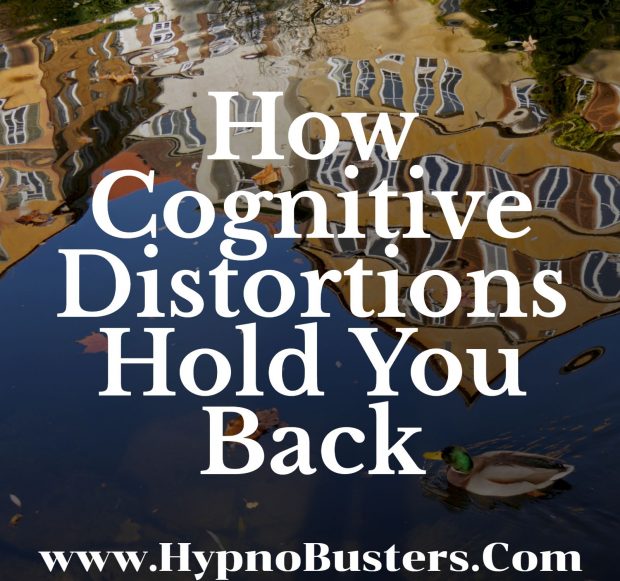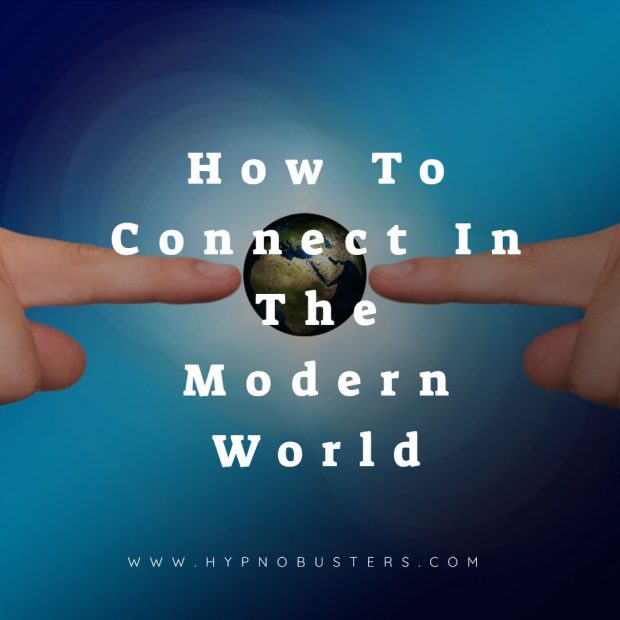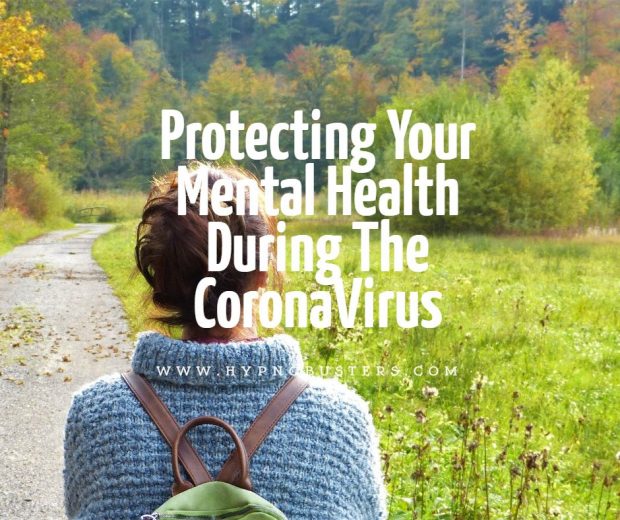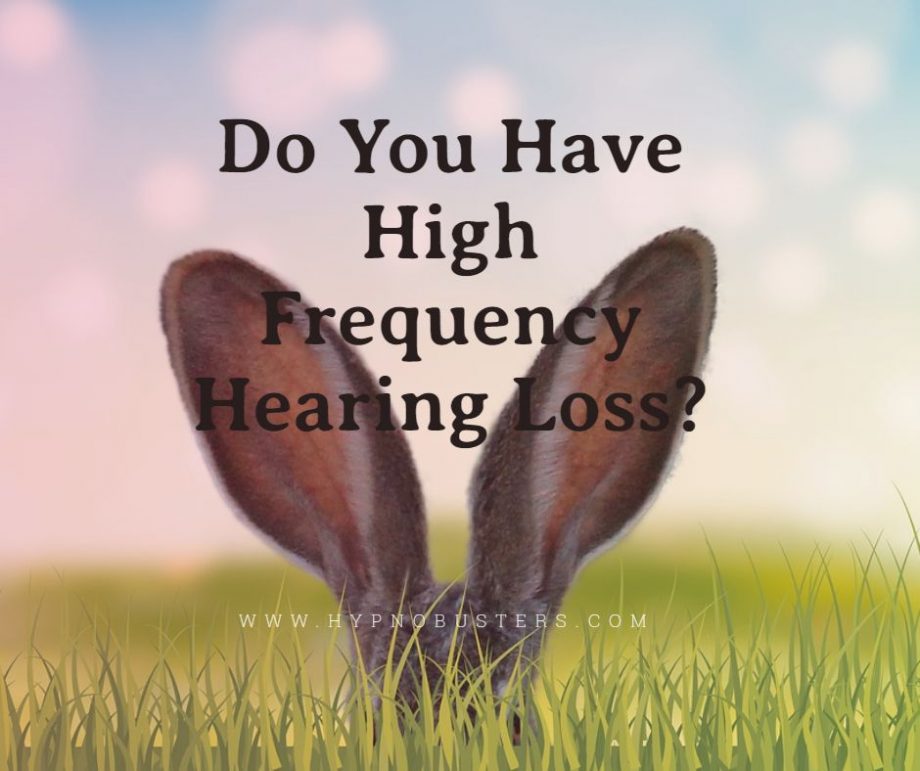 Cognitive distortions are exaggerated thought patterns. And can turn minor issues into major catastrophes.
Cognitive distortions are exaggerated thought patterns. And can turn minor issues into major catastrophes.
Most of us have cognitive distortions throughout our lives. Especially during challenging times. And if you can recognise and control them, you’re in a much better place mentally. Because you have a better grasp on reality. Which helps reduce depression and anxiety. And in turn helps you achieve your goals, and live a more fulfilling life.
There are numerous cognitive distortions which distort your view of the world. And make you see a different picture to reality. Once you learn about them, you’re better able to recognise and avoid them.
So without further ado, here’s some of the most common cognitive distortions people suffer with…
Catastrophising
Catastrophising is jumping to dyer conclusions when faced with the unknown. No matter how unlikely it is. Catastrophising is often characterised by “what if” statements.
For example, someone may be preparing for a long drive. And are worried that their tyre might burst. You point out that they have a spare. But they counter, “Yeh, but what if that bursts too?”
Catastrophising is thinking about the worst case scenario, and believing it will happen. Despite overwhelming odds against it. And it can make relatively simple things feel incredibly stressful.
Someone might be going on holiday. And worry that the taxi won’t turn up to take them to the airport. And if it does, it might break down. And even if it doesn’t, then the plane might be cancelled. And so on. This makes the whole event an anxious nightmare. And they may avoid doing things because of the stress they feel.
Mental Filtering
Mental filtering is where someone filters out positives, and focusses on the negatives. For example they may have an appraisal at work. And are told many things they do well. And as is customary, they’re given a criticism to work on.
The person mentally filtering focusses on this criticism, excluding the compliments. And dwells on it, thinking they’ve had a poor appraisal. Even though everything else was good. So they may conclude that either they’re a bad worker, or their boss has it in for them.
Personalisation
Personalisation is where someone takes things personally, thinking they’ve been deliberately targeted. For instance, you may say you don’t like a particular song. And they take this as a personal attack, because they like it. In their head you’re criticising people who like this song. So therefore you’re criticising them.
Personalization happens a lot in the work place. A manager might say that a department needs improving. And they take this as a personal attack, even though they’re not in charge. All because they’re one of many workers in that department.
Parents may take criticisms of their children personally. Because they see it as an attack on their parenting or their genes. So that when a teacher or carer offers constructive criticism, they’re met with a volley of abuse. Despite them being well meaning.
Polarised Thinking
Polarised thinking is “all or nothing”, or “black and white” thinking. It involves interpreting something at it’s extremes. Rather than appreciating its shades of grey.
Some people may polarise when it comes to liking and disliking people. If someone does a good turn, then they may think they’re the most wonderful person on Earth. But if this same person does something they don’t like, then they’re painted black. And may be considered the most awful person ever.
This fails to take into consideration that everyone is a mixture of good and bad. And that just because someone displays traits from one side, it doesn’t mean they;re incapable of the other.
Polarised thinkers sets unrealistically high standards for themselves and others. For example they may pride themselves on never taking a day off work. So when they eventually do, they feel like a complete failure. Because now they’re “all bad”.
If they’re the boss at work, then they may hold their subordinates to this same unrealistically high standard. And any minor transgression is seen as proof of their worthlessness.
Over Generalisation
People may over generalise when things don’t go their way. For example they may go to the shop and find it’s closed. Then brood to themselves, “nothing ever goes my way”.
Then they return with a face like thunder, in a foul mood for the rest of the day. All because the shop is closed.
In their mind mind, this confirms the futility of their existence. Because they deeply believe that literally nothing EVER goes their way. Even though logic dictates that this can’t be the case. And that everyone experiences some things that go their way, and some things that don’t.
Over generalisation may also affect peoples’ judgements of others. For instance a friend may uncharacteristically turn up late when meeting them. And from then on they always expects this. Forever tarnishing them with this label.
Maximising
Maximising is where someone makes a mountain out of a molehill. And perceives small setbacks as huge affairs.
For instance, they may have a small grievance at work. But blow it up so much that they feel it’s the greatest injustice in the history of mankind. And may obsess about it, rather than move on.
Minimising
Minimising usually occurs when someone experiences something positive, then plays it down.
For example, you might make a huge fuss over their birthday. And you tell them that you went to such lengths because they’re so special. But they play it down saying, “You only did this because you felt you had to.”
Or their boss at work may sing their praises for a job well done. But they thinks they only said this to butter them up to agree to overtime.
Self Serving Bias
Self serving bias is where someone has their cake and eats it. They consider anything good is down to them. But anything bad is outside their control. And is either the fault of others, or their circumstances.
Narcissistic bosses often display self serving bias. And take the plaudits when things go well. But blame their staff when things go wrong.
Labelling
Labelling is where someone rigidly labels someone with a characteristic after one isolated event. And think that this is what they always do.
So if they meet someone who’s had too many drinks, then they might label them a drunk. And take the attitude that they’re always drunk. Despite this being the only time they’ve seen this.
Always Being Right
This is where they consider their opinions as facts. And if they think something, then it must be so. Regardless of evidence.
When you quiz them, they may say something like, “I just know I’m right”, but offer no reasoning. And if you press them, they may get angry. Because you’re challenging their way of thinking.
Final Thoughts
Don’t feel bad if you recognise some of these cognitive distortions in yourself. In fact it’s a good thing. Because most of us have cognitive distortions from time to time. And if you can recognise them, you’re more likely to break their spell.
Overcoming cognitive distortions helps you reduce depression and anxiety. And makes the challenges of life far easier to navigate. Which helps you in almost every aspect of your life.
Be honest with yourself if you recognise them. And remind yourself when you next catch yourself doing them.
It’s impossible to change the world around you. But you CAN change how you think about it. And this effectively changes your world. Because your mind believes what you tell it. Whether good or bad. So why not choose to be positive?
Please CLICK HERE To Check Out My Positive Thinking Subliminal Session















